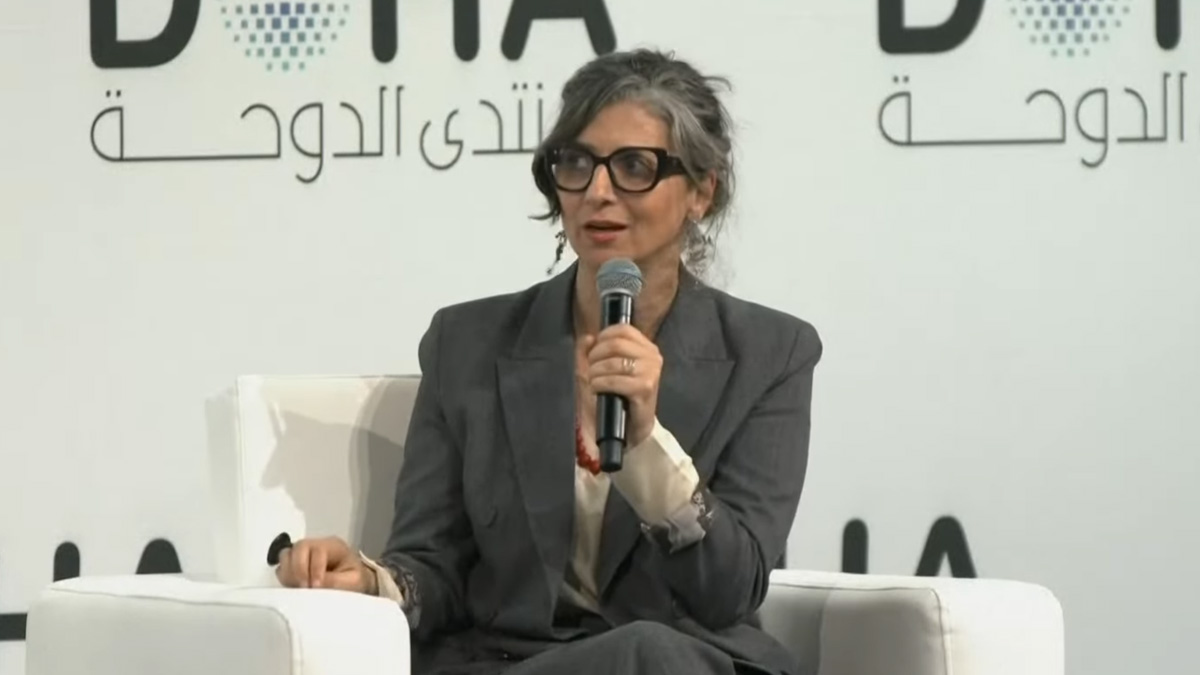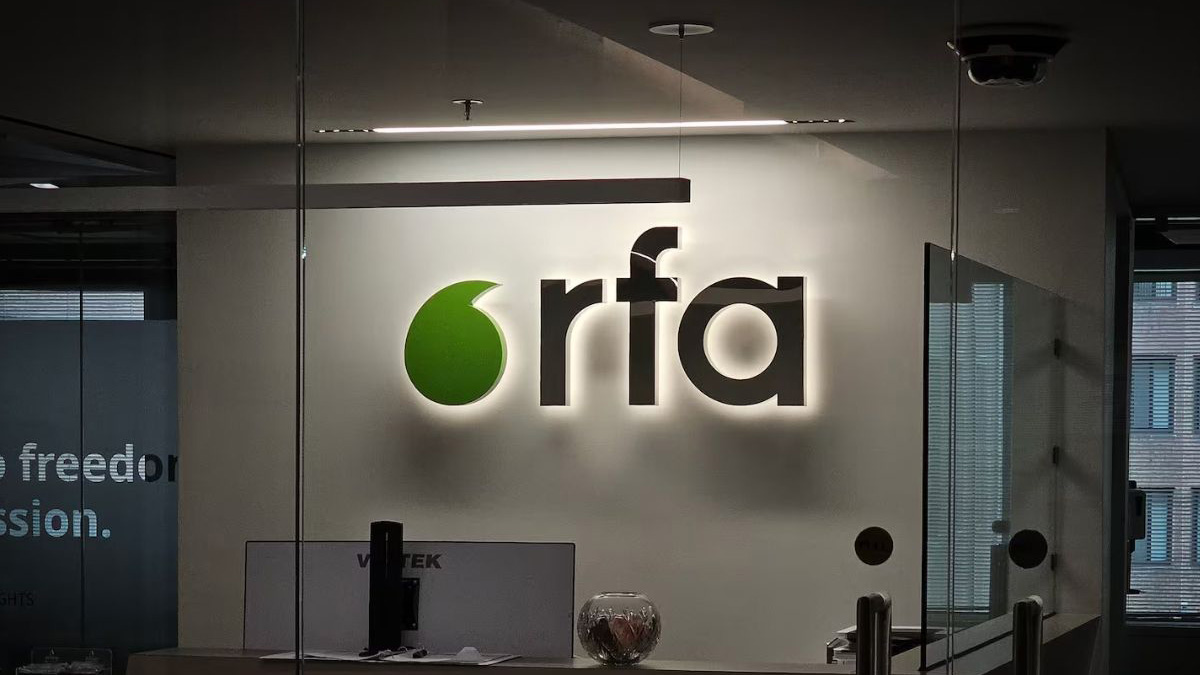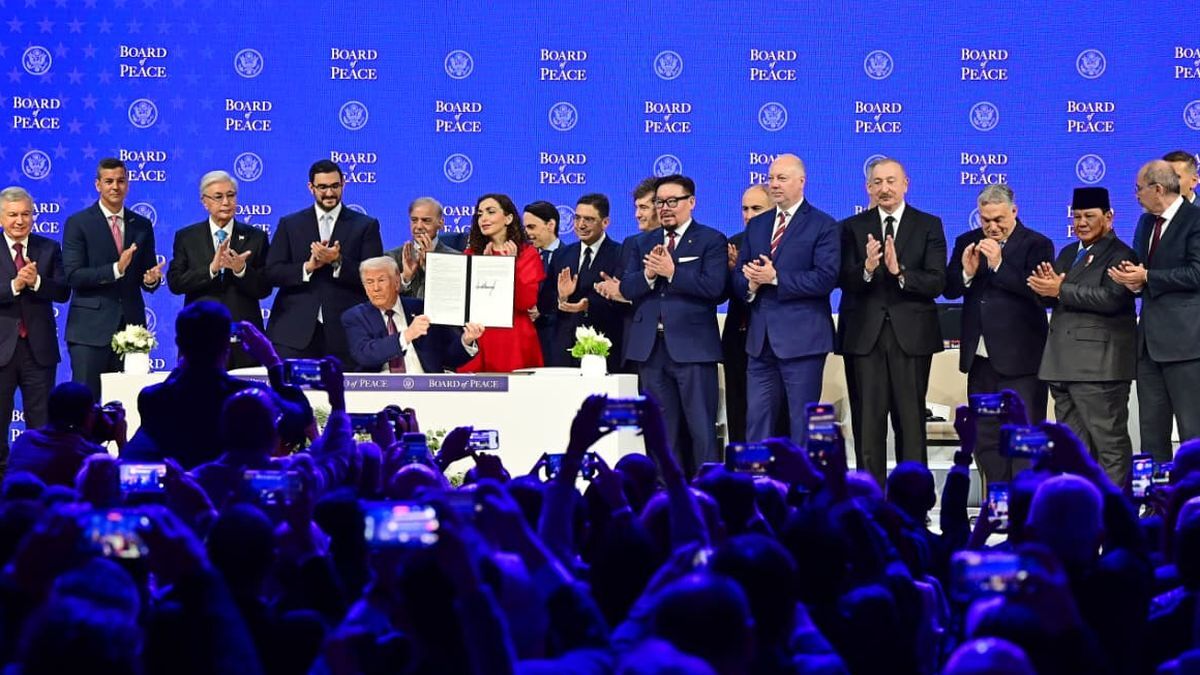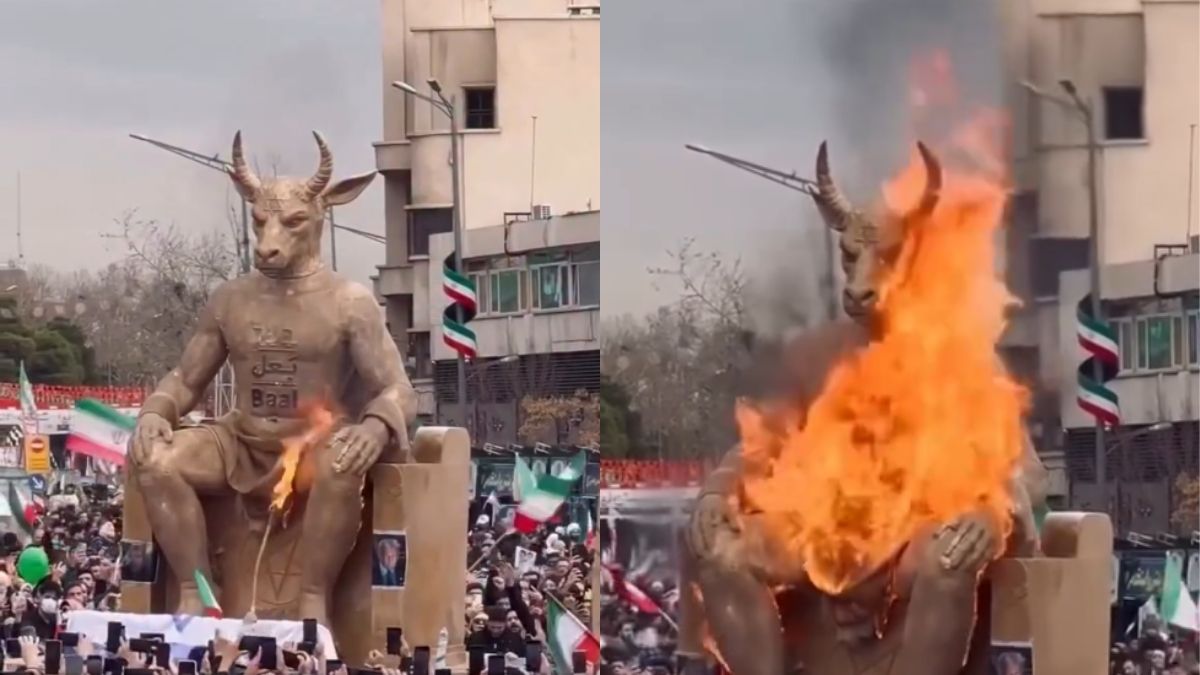Protesters demand inclusion and climate justice at COP30 in Brazil
Thousands marched near the COP30 venue in Belem, Brazil, demanding urgent climate action and greater inclusion of Indigenous and youth voices. The peaceful protest marked the largest demonstration allowed at a UN climate summit since 2021.
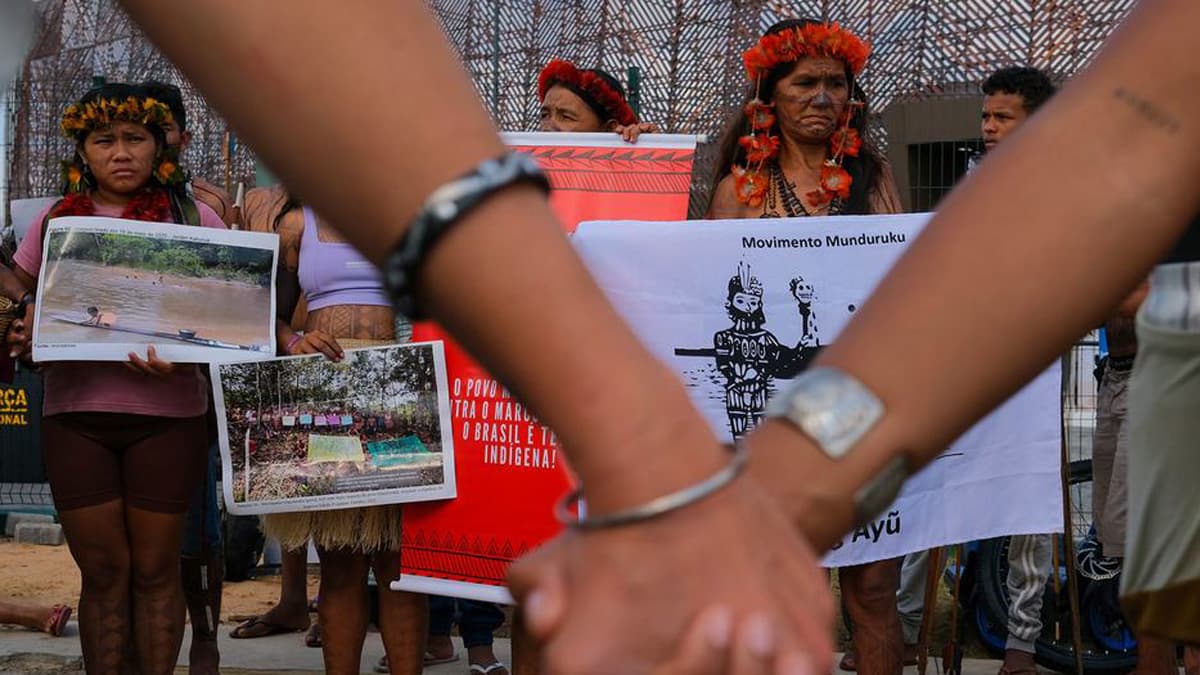
- Protesters gathered in Belem, Brazil, during COP30 to demand urgent climate action and inclusion in negotiations.
- It marked the first large-scale protest allowed at a UN climate summit since 2021, with youth and Indigenous leaders at the forefront.
- Demonstrators criticised the exclusion of frontline communities from decision-making and urged fulfilment of climate finance pledges.
Thousands of demonstrators rallied near the venue of the United Nations COP30 climate conference in Belem, demanding urgent climate action, greater inclusion of Indigenous peoples, and a stronger voice for youth.
It marked the largest permitted protest outside a UN climate summit since 2021 and was described by many organisers and participants as a powerful expression of grassroots frustration with the pace and structure of climate negotiations.
The march, which spanned approximately 4 kilometres, included a broad coalition of Brazilian youth organisations, environmental groups, rural workers, and Indigenous communities.
Many participants wore symbolic clothing—black for mourning the planet, red to honour slain environmental defenders—and carried banners demanding climate justice and territorial protection.
A call for inclusion and representation
Rachelle Junsay of Climate Action Philippines, speaking on behalf of Fridays for Future, highlighted the emotional toll on young activists who feel excluded from critical discussions.
“For us, the youth who are inheritors of the planet, that is very frustrating,” said Junsay. “That drives us crazy and mad because this is the future that we are talking about.”
She added, “It is about the survival of our species. And yet, the decision-makers sitting at the table today… are talking about the people. And yet the actual victims, the actual communities, are not at the table and are not in the conversation.”
Youth activist Ana Heloisa Alves, 27, who joined the march to raise awareness about the government’s plans to develop the Tapajós River, called the event the most powerful she had attended.
“This is incredible,” Alves told the Associated Press. “You can’t ignore all these people.”
Indigenous voices at the centre
Indigenous participants were prominent throughout the march. Amanda Pankará, from the Pankará people in Pernambuco, told UN News that the conference provides a rare platform to amplify Indigenous concerns.
“We would have much more to contribute if more Indigenous people were participating in these discussions,” Pankará said. “These demands are valid. We are claiming the right to land, the right to life… Being here today, representing those who haven't had the opportunity to be here, reinforces our presence and responsibility.”
Marisol Garcia, a Kichwa woman from Peru, echoed that urgency, telling the Associated Press that protesters were marching to pressure world leaders into “more humanised decisions”.
Participation and protest
COP30 Executive Director Ana Toni described the protests as “legitimate”, affirming that the government is listening to demonstrators. Toni noted that more than 900 Indigenous participants are registered at this year’s summit, compared to 300 at COP29 in Azerbaijan.
“Brazil has a strong democracy that allows for different forms of protest,” Toni told UN News. “The purpose of holding the conference in the Amazon is precisely to listen to these demands.”
Pablo Neri, coordinator in the Brazilian state of Pará for Movimento dos Trabalhadores Rurais Sem Terra (MST), emphasised that climate policy must reflect the broader shift toward grassroots engagement.
“Organisers of the talks should involve more people to reflect a climate movement that is shifting toward popular participation,” Neri told the Associated Press.
Climate finance and broken promises
Negotiators inside the venue continued discussions on the distribution of US$300 billion in annual climate finance, agreed in 2024. This fund is intended to help poorer nations move away from fossil fuels and deal with worsening climate impacts.
Despite these sessions, many activists expressed scepticism over whether the pledges would materialise. With record-high global temperatures and sea levels in 2024, frustration over unmet commitments remains widespread.
United States absent from talks
The United States federal government did not send a delegation to COP30, following President Donald Trump’s decision to again withdraw from the 2015 Paris Agreement.
Speaking to the Associated Press, former U.S. Special Envoy for Climate Todd Stern said, “It’s a good thing that they are not sending anyone. It wasn’t going to be constructive if they did.”
California Governor Gavin Newsom and New Mexico Governor Michelle Lujan Grisham attended in their state-level capacities. Newsom criticised the Trump administration, stating: “Brazil is a country the U.S. should be engaging with, not slapping with 50% tariffs.”
One demonstrator, Flavio Pinto from Pará, embodied his criticism in performance art. Wearing an oversized American flag top hat and waving fake hundred-dollar bills with Trump’s face, his sign read: “Imperialism produces wars and environmental crises.”
A symbolic moment
Vitoria Balbina, a regional coordinator with the Interstate Movement of Coconut Breakers of Babaçu, marched with a group of women calling for access to land and recognition of cultural traditions.
She told Reuters that marching is “not only about fighting and resistance on a climate and environment front, but also about a way of life.”
A crowd of onlookers gathered to observe the colourful procession, waving flags and chanting. One bystander outside a supermarket simply said: “Beautiful.”
The COP30 climate talks are scheduled to conclude on Friday, 21 November. While no major new agreements are expected, analysts and participants remain hopeful for tangible progress on previous commitments.
In particular, attention has focused on long-promised financial support to help developing nations adapt to climate impacts, transition away from fossil fuels, and respond to mounting climate-related losses.


